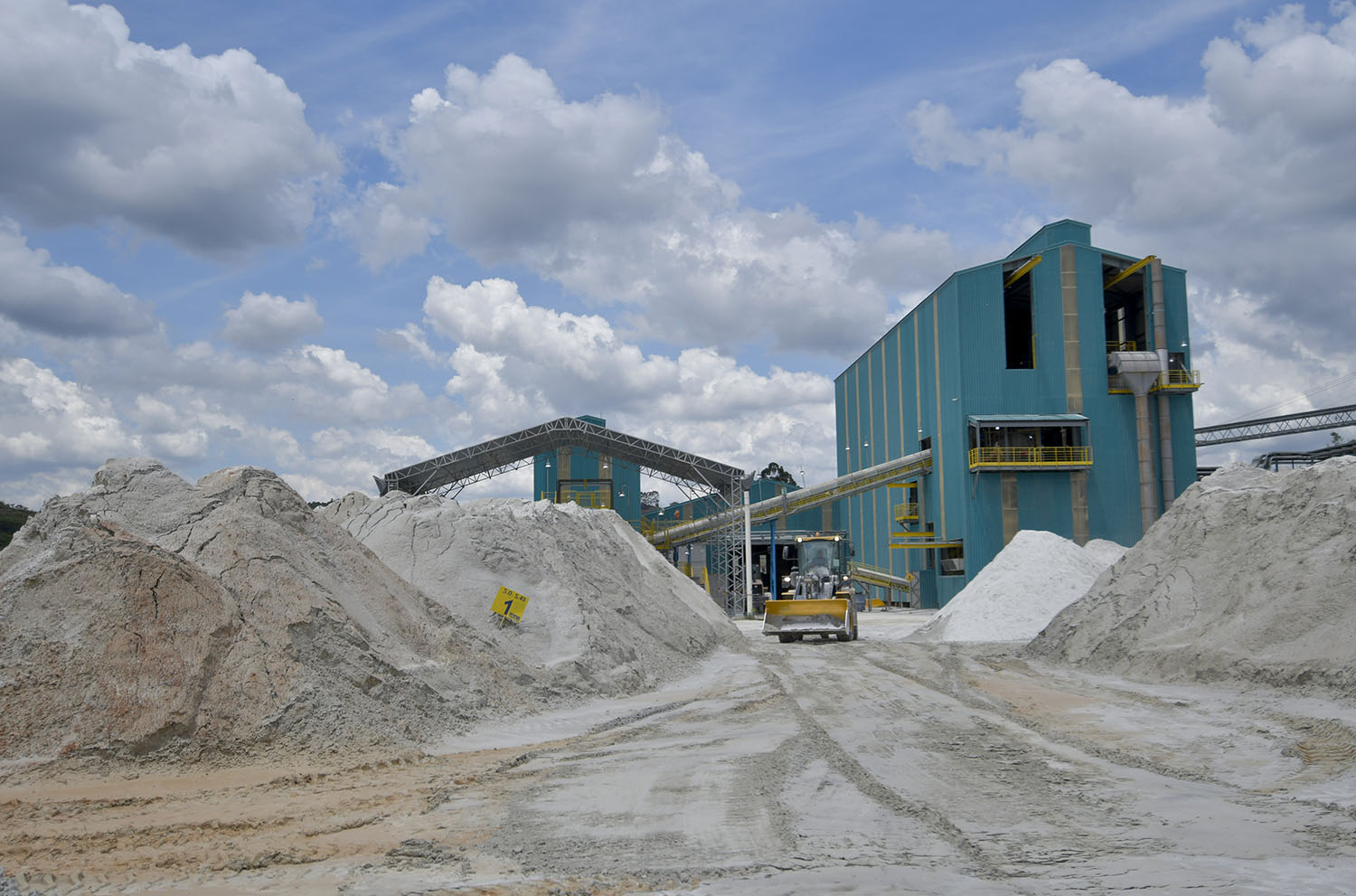RIO DE JANEIRO, BRAZIL – With the easing of foreign lithium trade, Brazil can become a power in the production of the mineral at a time of high demand for the product due to the advent of batteries, assessed the co-CEO of the Canadian Sigma Lithium Resources Corporation, Ana Cabral-Gardner, in an interview with Reuters.
The executive explained that the exemption from authorization by the National Nuclear Energy Commission, linked to the Ministry of Science, Technology, and Innovation, should attract several foreign companies to mine in the country, unlocking investments in the next three years.
“Because of this anachronistic regulation, which classified lithium as of nuclear interest, it fell into a regulatory meander that did not make the product competitive,” Cabral-Gardner said.

According to the executive, Brazil will be in an “unbeatable position to feed North America and Europe,” what is called the Atlantic chain, as the world pursues the electrification of cars. Recently, Tesla CEO Elon Musk visited the country, but the issue of lithium, strategic for his company, was not officially raised.
The federal government’s decree to make lithium exports more flexible in Brazil has the potential to allow more than R$15 billion (US$2.8 billion) in investments for the production of the mineral until 2030.
The director of Geology and Mineral Resources of the state-run Geological Service of Brazil (SGB), Marcio Remédio, explains that the decree corrected a distortion from the 1970s when nuclear energy was born in Brazil.
“Lithium is used in a tiny volume in reactors. Since, at that time, it was a scarcer mineral, it was considered a strategic mineral. That is why this regulation was made to control foreign trade,” said Remédio.
The change in legislation does not affect the activity of Sigma Mineração, the Brazilian subsidiary of the Canadian company. The mining company, which should start producing lithium by the end of the year, already had sufficient stocks to comply with the previous regulation. The company has, today, 28 concession areas in the country.
“Within these 28, we had nine zones that were producing in the past, before 2010. Three of these nine have already been validated to U.S. and Canadian standards. These three zones alone already have 85.7 million tons of lithium reserves,” Cabral-Gardner said.
The flexibility provided by the decree will be important for future mining companies. The Ministry of Mines and Energy says the rapid and recent evolution of the lithium market has prompted the change.
According to the ministry, the announcement of several international investments in the electric vehicle production chain indicates the opportunity to strengthen Brazil’s position and attract investments that it estimates could reach R$15 billion by 2030.
BRAZIL’S PARTICIPATION
Marcio Remédio, director of SGB, says that, at present, Brazil only accounts for around 1.5% of global lithium production.
“We can reach at least ten years in the long term, 5%. Why 5%? Because world production will also grow,” said Remédio.
Currently, only two companies produce lithium in Brazil: Companhia Brasileira de Lítio (CBL) and AMG Brasil. But there are several companies with mining projects underway.
According to the National Mining Agency (ANM), published research permits for all minerals increased from 5,285 in 2020 to 10,098 in 2021. There is no specific data on lithium.
Tomás de Paula Pessoa, a lawyer specializing in mining law and former director of the ANM, says, however, that Brazil did not have such an intense demand for lithium extraction projects.
He says the increased interest is directly related to the energy transition, mainly due to the electrification of fleets worldwide.
“The evolution of electric vehicles and their increased supply in the world market has expanded the need for these minerals for battery production. Now, Brazil will be able to export to battery factories around the world,” said Pessoa.
With information from Reuters

